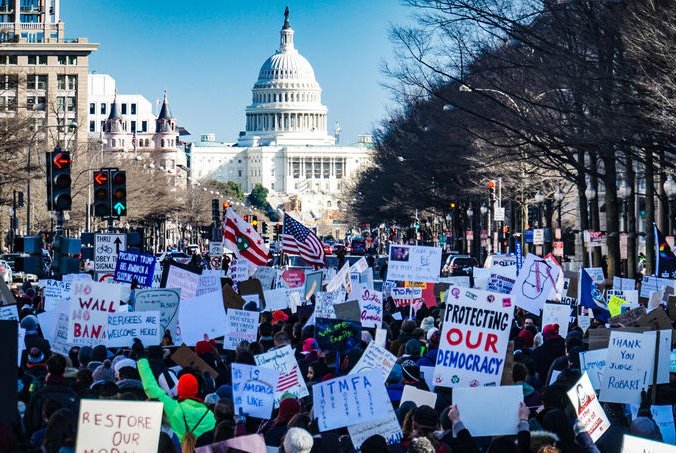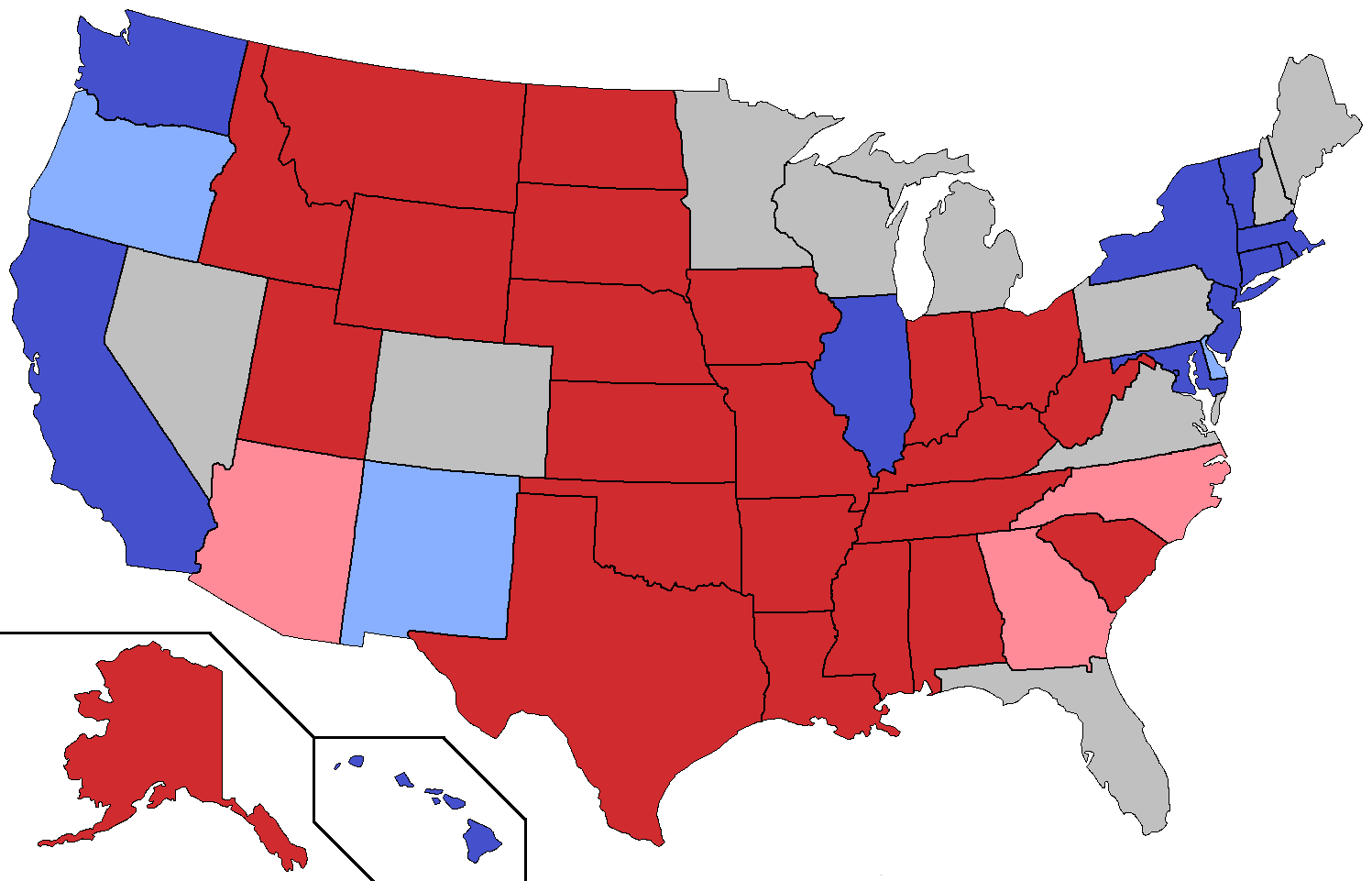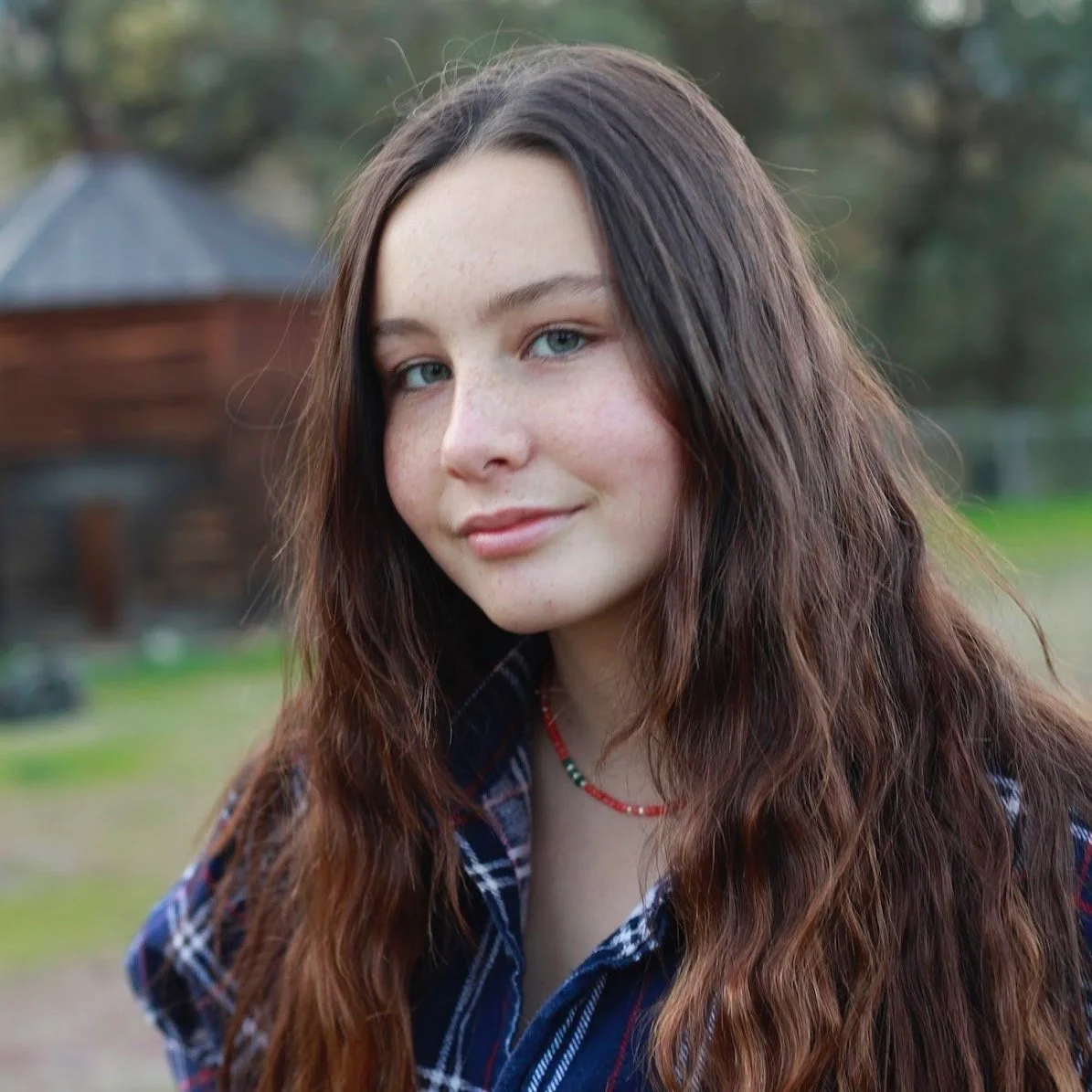Volunteers play a crucial role in mobilizing key electorates by traveling to swing states, whose voters will ultimately decide the presidential election.
Protestors rally in front of the Capitol in DC. Ted Eytan. CC BY-SA 4.0
With the U.S. presidential election fast approaching, politically minded Americans are turning their attention to swing states, where Democratic or Republican victory often hinges. Volunteers play a crucial role in these states, engaging in grassroots efforts to sway voters and educate communities on policies and candidates. This is often achieved by speaking with locals directly, typically through door-to-door visits, made possible through non-profits.
Organizations such as Common Power and the Swing States Action Fund aim to mobilize Democratic voters by providing clear information on when, where and why to vote. Common Power, based in Seattle, allows volunteers to either travel to swing states or contribute remotely through activities like writing postcards and making calls. Common Power allows you to choose volunteer opportunities based on location, activity or date. For the 2024 general election, their tentative travel dates are from September to November, with most trips lasting five days. You can sign up for State Teams here, and the volunteer travel guide is available here. Volunteers travel in teams and take part in a virtual training event before their trip. The estimated total cost for a five-day State Team trip is $2,500 (includes lodging, meals, and transportation). However, volunteers are typically responsible for their own transportation, so the final cost can vary depending on their starting location. The Swing States Action Fund operates a little differently; the organization specializes in encouraging recent graduates or retirees to relocate to swing states. They then connect these individuals with a network of volunteers involved in outreach efforts like voter drives and postcarding. These organizations are crucial in combating voter suppression, especially in historically BIPOC communities, ensuring fair access to the democratic process. Organizations like the Progressive Turnout Project pay volunteers, offering up to $125 for completing a door-knocking list, which typically takes about three hours. The Progressive Turnout Project organization operates in key swing states such as Arizona, Georgia, Michigan, Pennsylvania, North Carolina and Wisconsin.
Map of swing states (in gray and light colors) in the 2020 U.S. Presidential Election. A Red Cherry. CC BY 4.0
Overcoming voter suppression has roots tracing back to the 1950s. During the Civil Rights Movement, volunteers traveled to Southern states to confront segregation and rally Black community members to participate in voting. In the South, Black individuals faced barriers such as poll taxes, rigged literacy tests and fraud when attempting to register. In June 1964, the Freedom Summer Project aimed to register a significant number of Black voters in Mississippi. This effort eventually led to the enactment of the Voting Rights Act of 1965, a landmark legislation that outlawed racial discrimination in the electoral process. Despite this progress, however, voter suppression continues to persist in the South today. In 2021, Georgia and Florida enacted SB 202 and SB 90 respectively, imposing stricter voter identification requirements, particularly for those voting by mail.
Following Kamala Harris's nomination as the Democratic presidential candidate, her campaign claims a recent surge in support, particularly in key swing states such as Florida, Pennsylvania and Georgia. Volunteers will take direct action through advertisements, demonstrations, and fundraising, as well as by encouraging individuals to submit opinions to government officials.
Agnes Moser Volland
Agnes is a student at UC Berkeley majoring in Interdisciplinary Studies and minoring in Creative Writing, with a research focus on road trip culture in America. She currently writes for BARE Magazine and Caravan Travel & Style Magazine. She is working on a novel that follows two sisters as they road trip down Highway 40, from California to Oklahoma. In the future, she hopes to pursue a career in journalism, publishing, or research.



